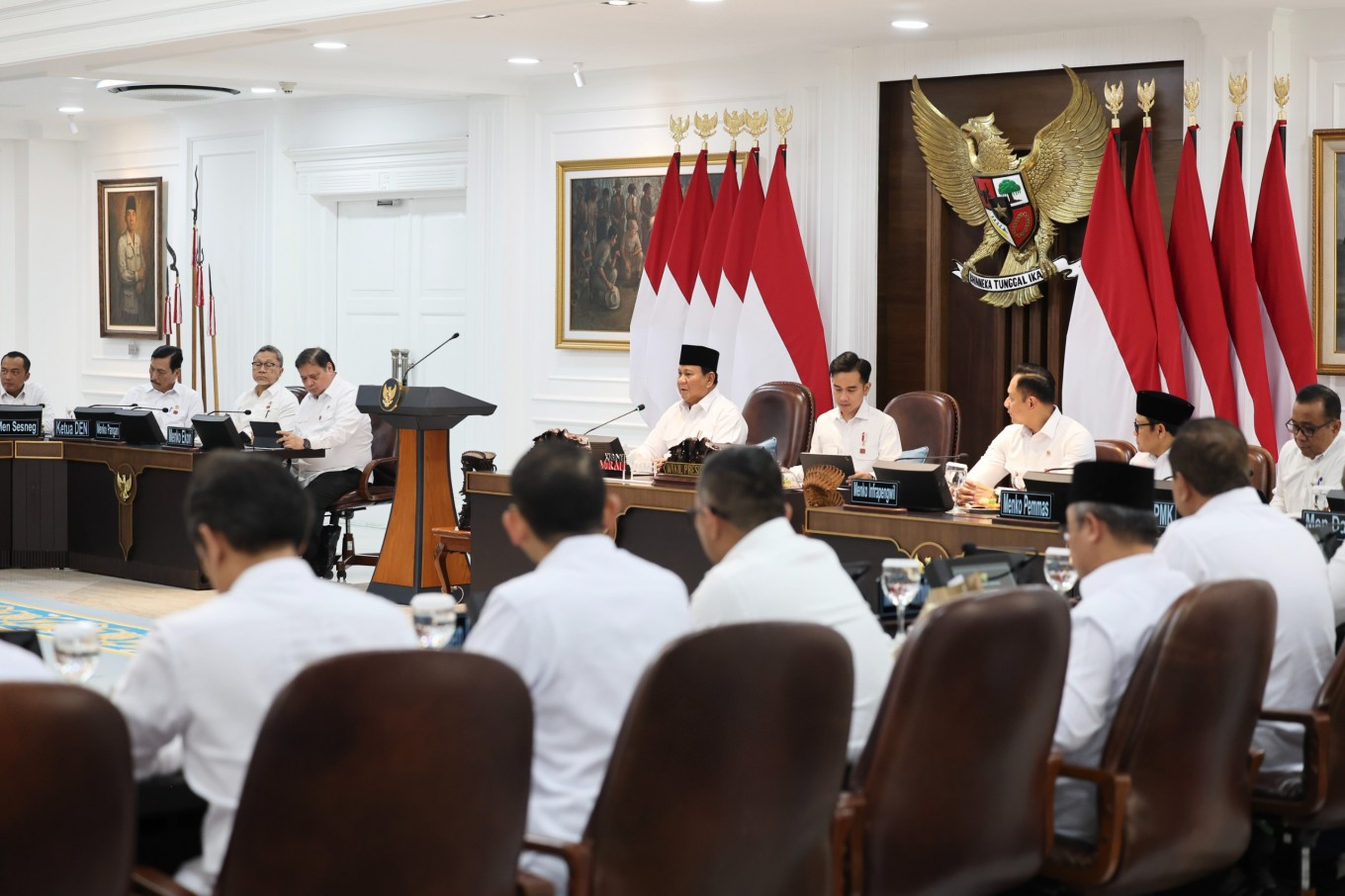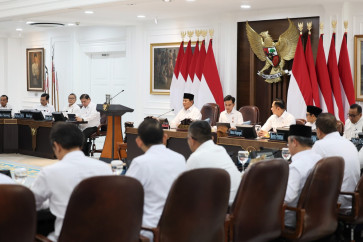Popular Reads
Top Results
Can't find what you're looking for?
View all search resultsPopular Reads
Top Results
Can't find what you're looking for?
View all search resultsBeyond compliance: Toward a culture of integrity
A gap is widening between the people's expectations of fairness and transparency, and the state's ability to deliver them consistently.
Change text size
Gift Premium Articles
to Anyone
I
ndonesia has recently witnessed large demonstrations across cities where citizens voiced frustration over governance and accountability. These protests are not isolated outbursts but symptoms of a deeper malaise: a widening gap between public expectations of fairness and transparency and the state’s ability to deliver them consistently.
For decades, Indonesia has invested in building institutions to guard against corruption. The Corruption Eradication Commission (KPK), the Audit Board, and law enforcement agencies have all played important roles. Ministries and agencies have adopted several integrity frameworks, such as the Integrity Zones (ZI), the Anti-Bribery Management System (SMAP) and the Government Internal Control System (SPIP). Senior officials are required to sign integrity commitment pacts upon their appointment.
On paper, this looks like an impressive array of safeguards. In practice, however, these systems are often reduced to documentation requirements: files for audits, checklists for evaluations or banners declaring “integrity zones.” Integrity, in this environment, risks becoming a bureaucratic ritual rather than a lived value. The problem is not the absence of systems, internal control, risk management and anti-bribery frameworks are essential tools, but the way they are treated as ends in themselves. When seen only as certificates to be obtained or documents to be filed, their real purpose is lost.
Integrity is also too often equated solely with the fight against corruption, when in fact it encompasses more. It means building the capacity of public leaders and staff to ensure fairness in decision-making, transparency in resource allocation and accountability at every level of government. It is not only a virtue, but also the detail of everyday operations.
To move forward, Indonesia must shift focus toward building a pro-integrity culture. Individual integrity is essential for sound professional judgment, but culture determines whether integrity becomes the norm. In organizations infused with integrity, ethical behavior is encouraged consistently and systematically.
Such a culture is shaped through both formal structures, rules, codes of conduct and oversight, and informal practices such as peer expectations and role modeling. Cultivating integrity requires more than issuing regulations: it demands spaces for reflection, dialogue and practice so that integrity is embedded in daily operations.
There are clear pathways to build a pro-integrity culture. First, leaders must set the tone. Indonesia’s civil service follows the BerAKHLAK code of conduct, which emphasizes service, accountability and ethics. Yet no such code exists for elected politicians, whose decisions shape governance.



















